HotSpots H2O: Australian Communities Unite as Bushfires Blaze and Taps Run Dry
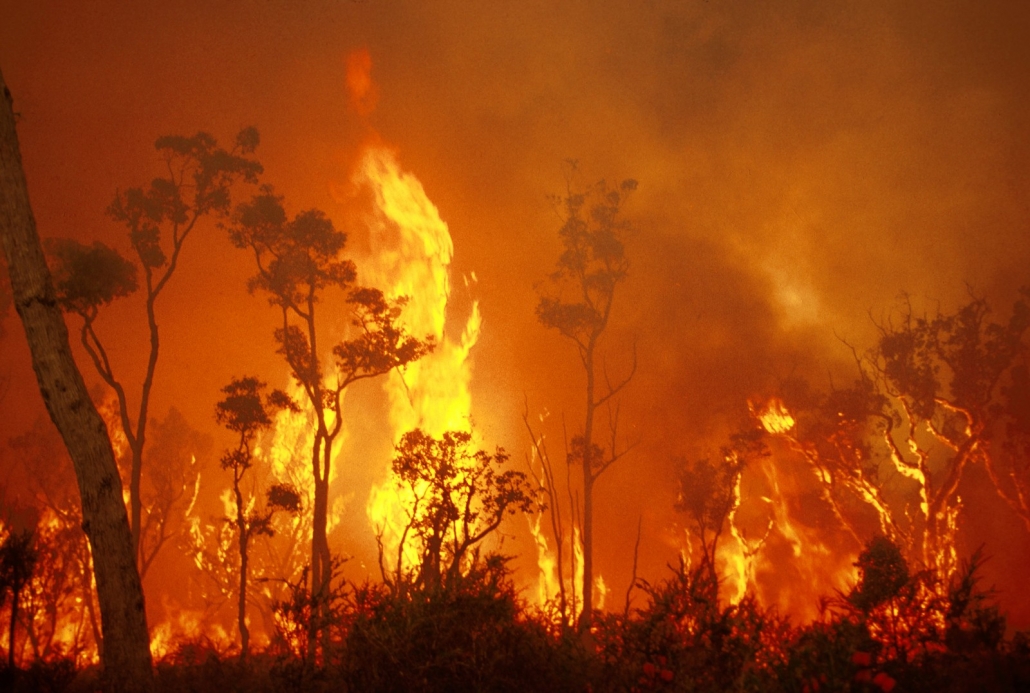
Photo courtesy of Wikimedia Commons.
Australia’s drought crisis, years in development, continues to escalate. Still in the early weeks of the southern hemisphere summer, scorching temperatures have propelled massive bushfires that have burned in five states. At the same time, rural reservoirs and wells are running dry, prompting community members to pool their shrinking water resources.
Weather conditions in Australia have been unusually grim in recent months. More than 100 bushfires are currently burning. Including those that have been extinguished, the blazes have destroyed nearly 1,000 homes and scorched an estimated 3.7 million hectares (9.1 million acres), Reuters reports. Eight people have reportedly died, including six in New South Wales and two in South Australia.
In the past week, bushfires burning on the outskirts of Sydney edged closer to Lake Burragorang, the city’s main water supply. Firefighters say all but a “small portion” of land surrounding the lake has burned, and crews spent the holidays trying to protect the catchment.
“The majority of the perimeter of Lake Burragorang has been impacted, and Wollondilly and Coxs rivers, with significant quantities of ash flowing,” Stuart Khan, a professor at the University of NSW, told The Sydney Morning Herald. Khan says the risks from the bushfires are twofold. The fires could destroy pipes and pumping stations. Ash from the blazes could also degrade the water supply.
In addition to New South Wales, fires continue to wreak havoc in Queensland, South Australia, and Victoria. Tens of thousands of vacationers in Victoria were ordered to evacuate before December 30, when strong winds could raise fire danger.
Fires, Drought, and Heat
The country’s wildfires are a symptom of a broader climate crisis in Australia. Deepening drought has lingered in the country for several years, but record-breaking temperatures are now exacerbating the problem. The hottest day Australia has ever recorded happened on December 17. The average maximum temperature across the country reached 105.6 degrees that day, far surpassing a January 2013 record of 104.5 degrees. Meteorologists say the record is likely to fall again sometime this summer.
In the midst of adverse conditions, households are beginning to run out of water. Water tanks at some homes and farms in southern Queensland have been empty for most of the year, The Guardian reports, and the number of families in jeopardy in Queensland and New South Wales is on the rise.
In response to the crisis, residents are working to share and distribute water among community members. Truck driver Russell Wantling oversees the delivery of 340,000 liters of water handouts each week in Queensland’s granite belt.
“They talk about this Day Zero all the time, but it already is Day Zero,” Wantling said in an interview with The Guardian.
Charities are also working to provide water to thirsty citizens, and many residents say this service has made a crucial difference.
“There’s nothing from the government at all. If it weren’t people like these volunteers, then we don’t know what we’d do,” Danny and Peta Johns told The Guardian. The Queensland residents have been without running water for nearly five months.
Les Watnell, a landowner near Stanthorpe, Queensland, echoes the sentiment. “When you’re not working it’s too expensive to get the tank filled. We’ve had to share our drinking water with our stock. We’re on one tank for a four-bedroom house. We’re having baths after the kids so we can keep down on our water. The government has done nothing. Without [the water charity] we’d have nothing, it’s as simple as that.”
The generosity of community members has been frowned upon in some areas, however. In Tamborine Mountain, Queensland, many residents are running low on water. A handful of landowners operating unapproved wells, including Cedar Creek Estate Winery and Vineyard, offered to extract and distribute their water based on the Queensland planning act, which says such activities are permitted in case of emergency.
The local council blocked Cedar Creek’s attempt, though, arguing that the community is not in a state of emergency. The council ordered an end to any unapproved water supply and distribution.
Meanwhile, local media report a six-week wait for water deliveries, and the primary school’s well has run dry.
Kayla Ritter is a recent graduate of Michigan State University, where she studied International Relations and Teaching English to Speakers of Other Languages. She is currently based in Manton, Michigan. Kayla enjoys running, writing, and traveling. Contact Kayla Ritter

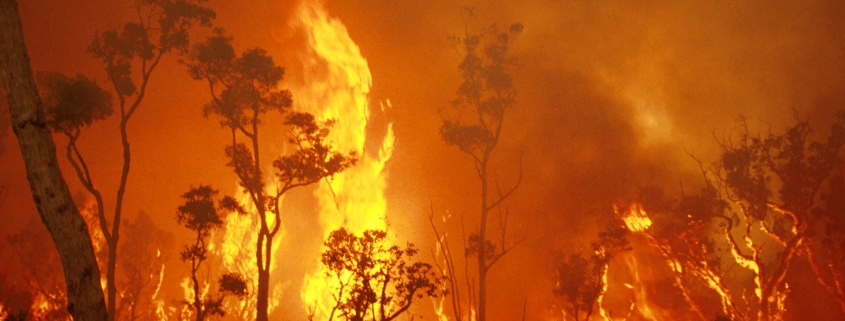

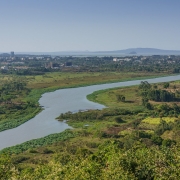
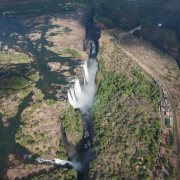
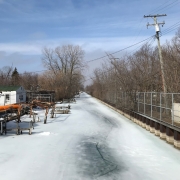
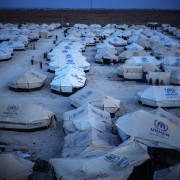

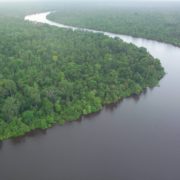

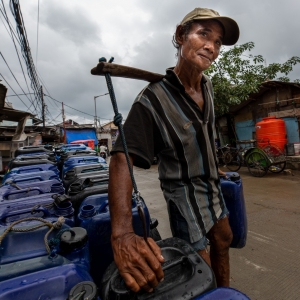

Leave a Reply
Want to join the discussion?Feel free to contribute!